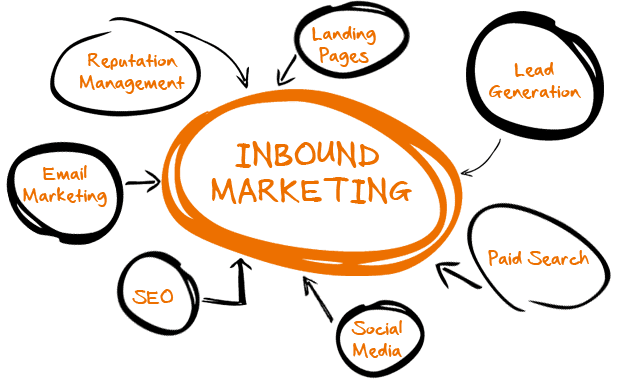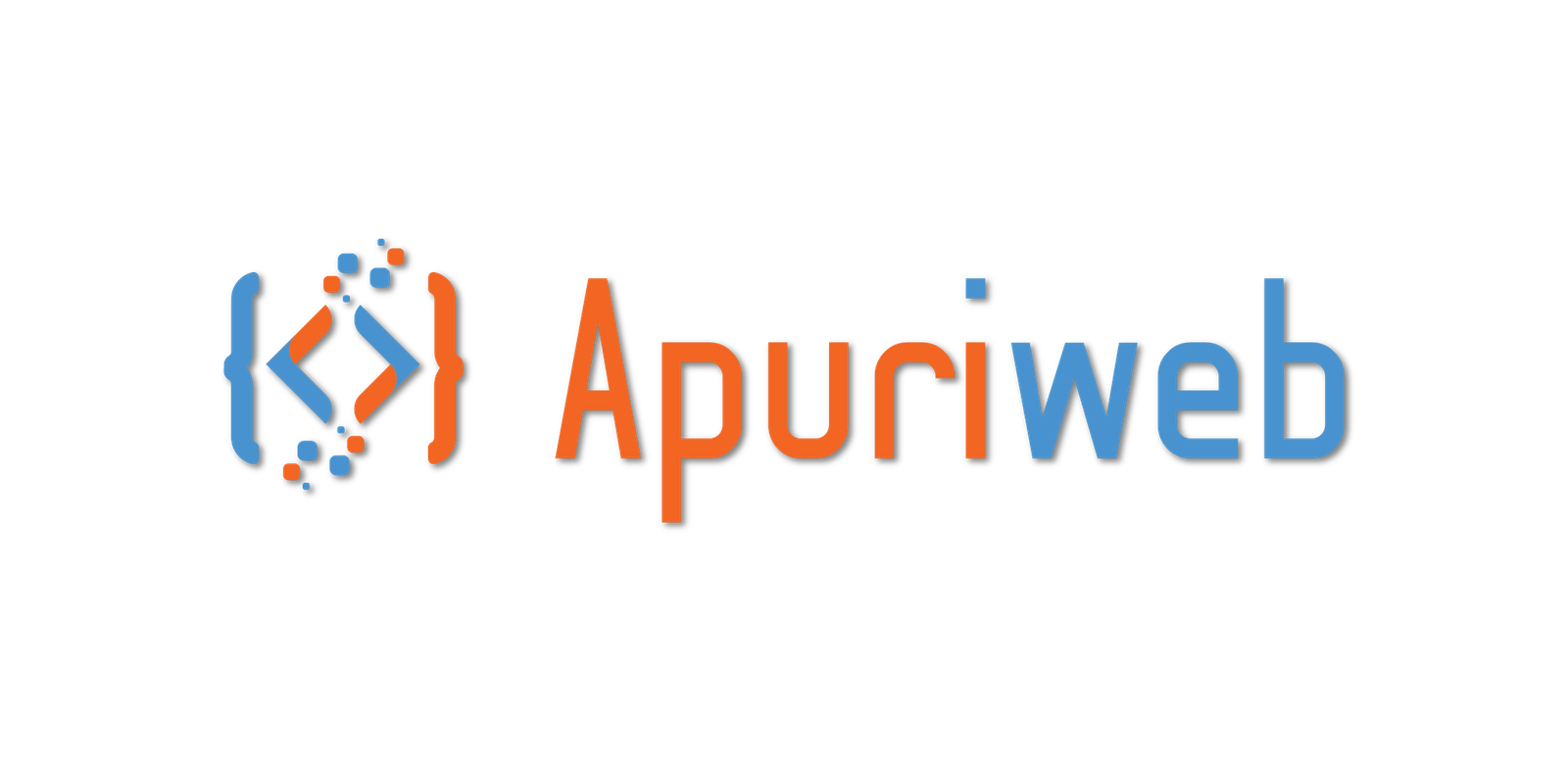
Inbound social media marketing is a strategy that focuses on creating and sharing valuable, relevant, and engaging content on social media platforms to attract and engage a target audience. The goal of inbound social media marketing is to build relationships, foster brand awareness, and ultimately drive desired actions, such as website visits, lead generation, or product sales.
Key elements of inbound social media marketing include:
Content Creation:
- Creating high-quality and valuable content that addresses the needs and interests of the target audience. This content can include blog posts, infographics, videos, and more.
Engagement:
- Actively engaging with the audience through comments, likes, shares, and direct messages. This two-way communication builds a sense of community and strengthens the relationship between the brand and its followers.
Social Listening:
- Monitoring social media channels for mentions of the brand, industry trends, and customer feedback. Social listening allows businesses to understand their audience better and respond promptly to relevant conversations.
Audience Targeting:
- Utilizing targeting options on social media platforms to reach specific demographics, interests, and behaviors. This ensures that content is directed towards the most relevant audience.
Lead Generation:
- Using social media to generate leads through strategies such as gated content, contests, and interactive campaigns. Inbound social media marketing aims to attract potential customers and nurture them through the sales funnel.
Education and Information Sharing:
- Providing educational content and valuable information that positions the brand as an authority in its industry. This helps build trust and credibility among the audience.
Building Brand Loyalty:
- Focusing on long-term relationships with customers rather than quick transactions. By consistently delivering value and engaging with the audience, businesses can build brand loyalty and advocacy.
Social Proof:
- Showcasing customer testimonials, reviews, and user-generated content as social proof. This helps build trust and credibility among potential customers.
Data Analysis:
- Analyzing social media data and insights to measure the performance of campaigns, understand audience behavior, and make data-driven decisions for future strategies.
Adaptability:
- Adapting to changes in social media algorithms, trends, and user behavior. Inbound social media marketing requires flexibility and the ability to evolve with the ever-changing digital landscape.
Integrated Marketing:
- Integrating social media efforts with other marketing channels to create a cohesive and comprehensive strategy. This ensures a unified brand message across various platforms.
In essence, inbound social media marketing is about attracting and engaging an audience organically by providing value and building meaningful relationships. It goes beyond traditional advertising and focuses on creating a positive and authentic brand presence in the social media space.
